Reflecting on the system of governance in parts of Africa that has resulted in political instability, Darren Walker, President of the Ford Foundation said inequality is the enemy of democracy and dampens hope which is the oxygen that sustains it.
Citing the latest Afrobarometer research which indicates that a majority of young people are so disillusioned, that they are now willing to endorse military intervention if democratically elected leaders fail to deliver on their promises, Mr Walker, said: “Inequality is the enemy of democracy. Inequality asphyxiates hope, and hope is the oxygen of democracy. Full, peaceful, participatory democracy is indeed the great equalizer.”
Join our WhatsApp ChannelMr. Walker noted that participatory democracy not only empowers citizens to create a society that is more inclusive and just, but it also holds the power to create prosperity for more people, drive investor confidence and increase economic stability.
He therefore called on the people of West Africa to reaffirm their commitment to the principles of peaceful and participatory democracy which centers on the voices of the people and respects for their rights and Freedoms.
Speaking at the State of Democracy in Africa Summit in Abuja, co-convened by the Olusegun Obasanjo Presidential Library and Shehu Musa Yar’adua Foundation, Mr. Walker said, “Today the people of West Africa paint a clear picture of gathering crisis; where minority groups and other vulnerable communities face threats to their rights and existence, authoritarian governments gaining more power and majority of youth being disillusioned that they will endorse military intervention if democratically- elected leaders fail to deliver on their promise. However, we know that within these threats lie the seeds of democracy’s salvation – the people.”
Mr. Walker noted that throughout African history, ordinary people have demonstrated the potential to hold leaders and institutions accountable and emphasised the importance of expanding democratic and civic spaces for citizens’ voices to be included in defining the norms for the governance of their countries.
Dr. Ebrima Sall, Executive Director of Trust Africa Foundation, underscored the need to deepen genuine participation in democratic governance in Africa to make it meaningful for everyone. He said: “We have demographic majorities on this continent—youth and women. Yet both groups are political minorities who are kept on the margins of the political system and are not significantly involved in decision-making processes. We need to reimagine and reinvent a governance system in Africa which considers their views and perspectives to get them fully involved.”
Professor Gyimah-Boadi, Co-founder and Board Chair of Afrobarometer shared insights from the latest Afrobarometer research conducted across 39 African countries which focused on citizen sentiment and perceptions of democracy. He said the data showed that though for some years now, the African democratic system has been faced with a growing disillusionment over the prospects of democracy improving the lives of a country’s people and the lack of citizen participation in democratic processes, a majority of Africans still prefer democratic rule over military governments.
In his keynote address, Chief Olusegun Obasanjo, former President of Nigeria noted that the current democratic scene in Africa seems to be an oscillating success, riddled with troubling resurgence of military coups and democratic governance often interspersed with authoritarian rule. These challenges, he said, are further compounded by external pressures from Western, Russian, and Chinese interests. He, therefore, re-emphasized the need for African nations to “prioritize solutions tailored to the unique socio-political and cultural context of the continent”.
In a speech read on his behalf by Vice President Kashim Shettima, President of Nigeria, Bola Ahmed Tinubu noted that regional integration and intra-Africa trade through sub-regional blocs like the Economic Community of West African States (ECOWAS), East African Community (EAC) and Southern African Development Community (SADC) and the African Continental Free Trade Area (AfCFTA) were vital to delivering accelerated economic development and to deepen democracy across the continent.
Delivering the closing remarks, Dr. ChiChi Aniagolu-Okoye, Regional Director, Ford Foundation Office of West Africa stressed the need for African countries to be courageous and fight for a more sustainable form of democracy and be willing to deal with associated setbacks encountered along the way.
“It was very encouraging for me to hear from the Afrobarometer that Africans want democracy. But we also learnt that democracy is a process and not an event, so it is important that we recognise that though we have setbacks, they are part of the process of growth. So that we can be a little bit more patient, more understanding, more resistant and resilient as we fight for the Africa we want.”
Other presentations and panel discussions at the summit focused on the evolving democratic landscape in Africa, the compatibility of Western liberal democracy with African historical and cultural nuances, the role of leadership in shaping democratic outcomes, and strategies for strengthening democratic resilience.
Victor Ezeja is a passionate journalist with six years of experience writing on economy, politics and energy. He holds a Masters degree in Mass Communication.

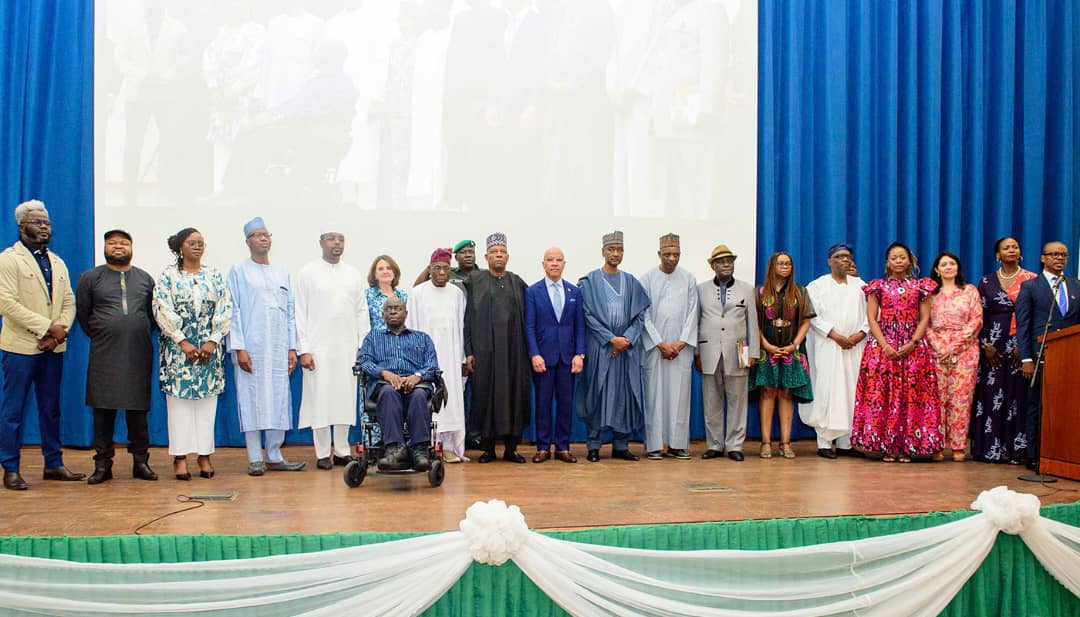



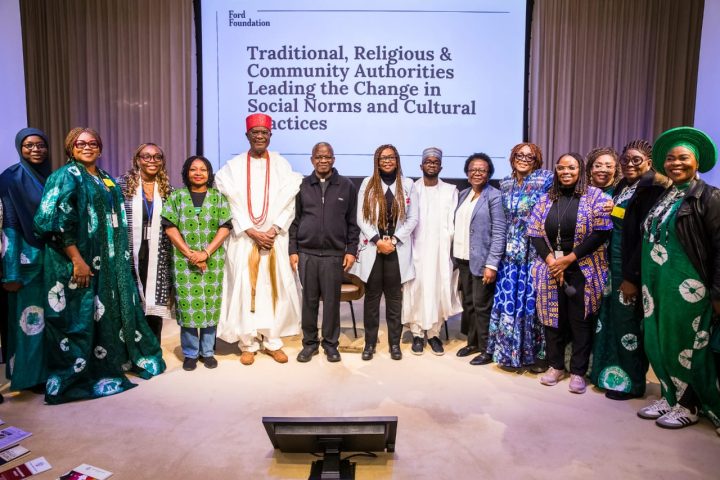

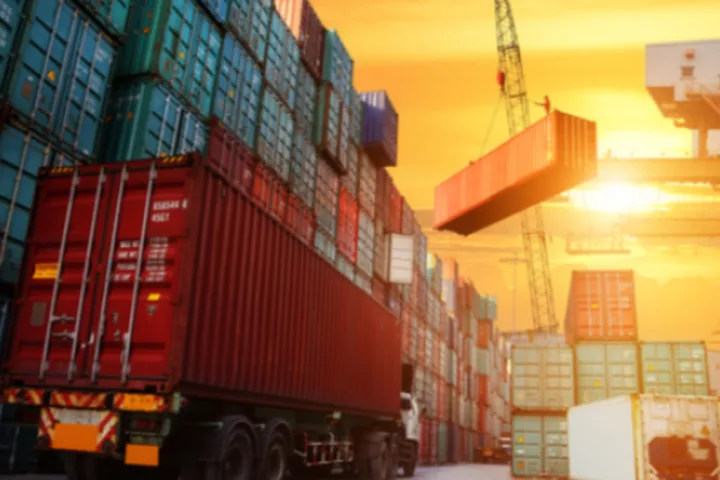

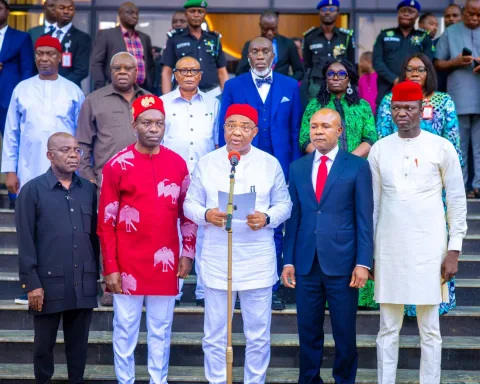
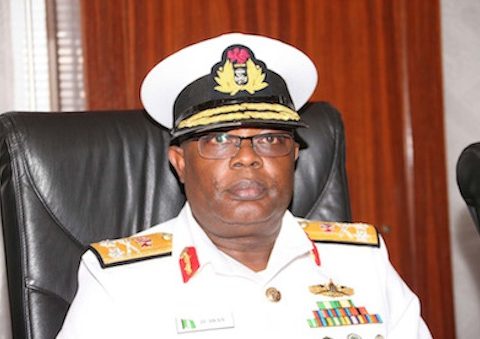
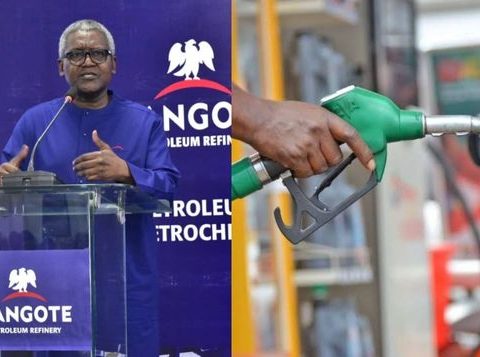

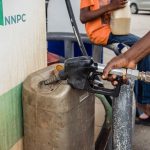

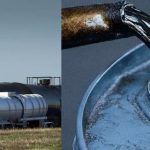

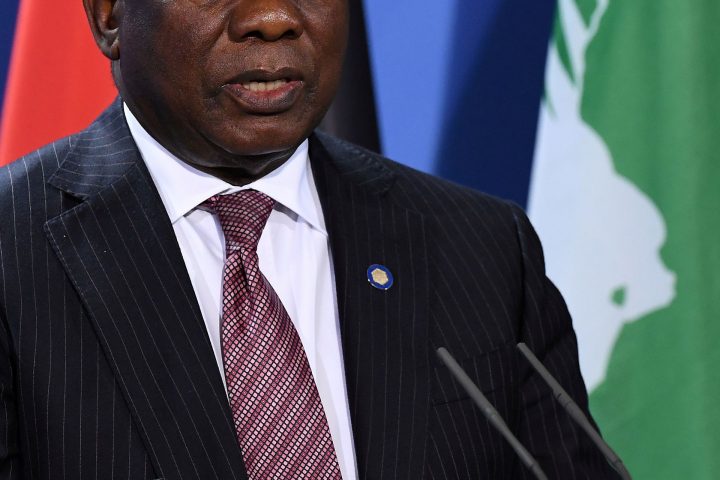
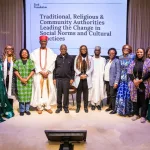
Follow Us